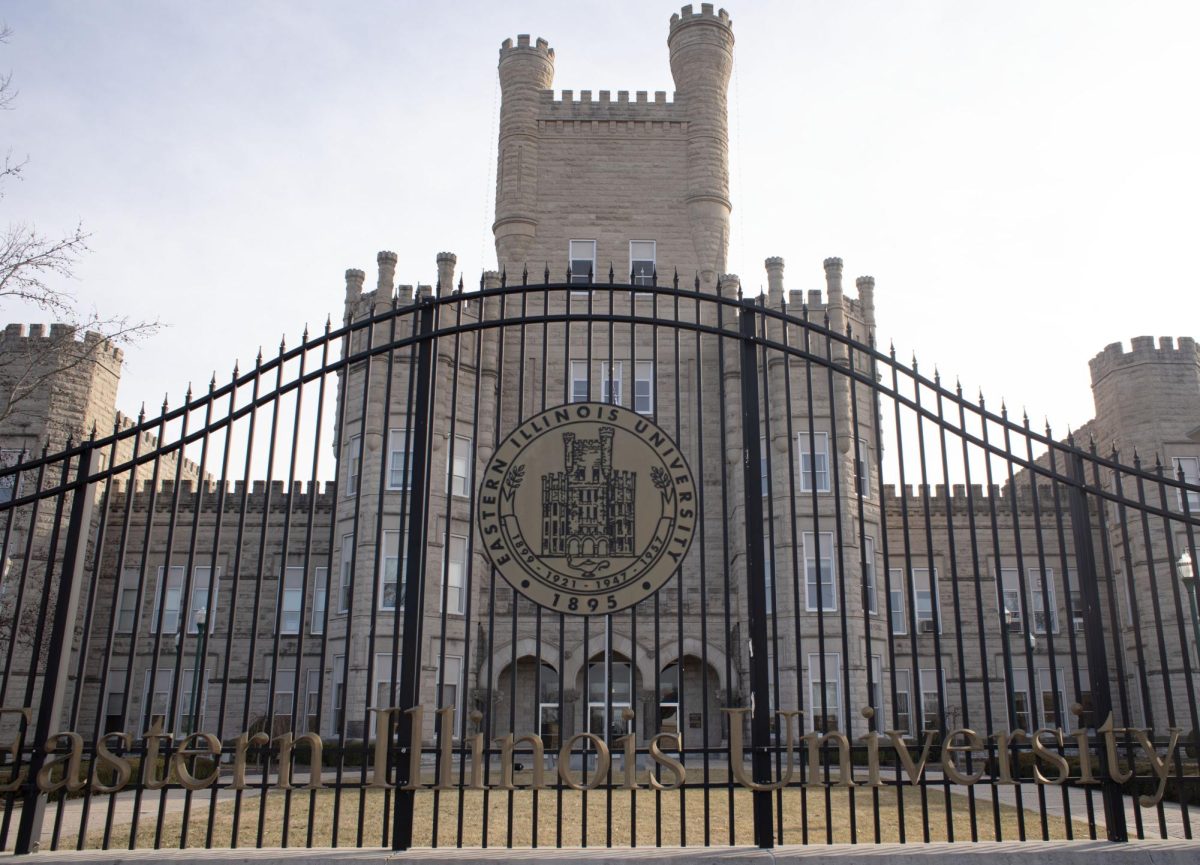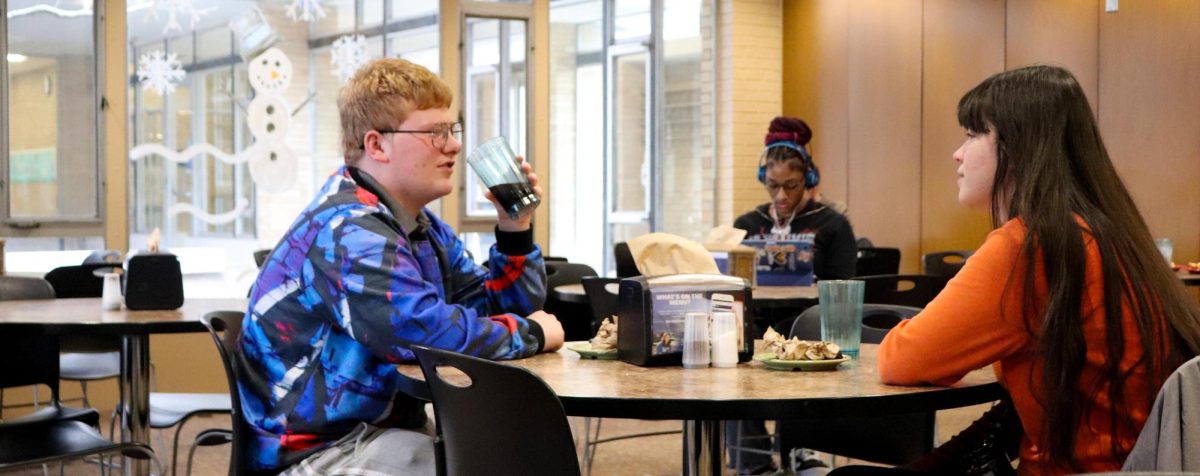Program helps students with autism adjust to college life
April 22, 2019
The first autism transitional program for college students in the state of Illinois began at Eastern; it is called the Students with Autism Transitional Education Program.
STEP director Rebecca Edgington said graduate assistants at STEP guide autistic students through the transition to college life.
She said the program is for autistic students admitted to Eastern who have disclosed their disabilities to the Office of Student Disability Services to receive support “above and beyond” university requirements.
“Universities have requirements under the Americans with Disabilities Act to have access to the education,” Edgington said. “Well, STEP goes above and beyond that and provides support in both academics, social and daily living skills to help in that transition to the university setting.”
The students in STEP attend a mandatory 10 hours a week of support, but Edgington said she and two graduate assistants are available to help with students’ individual needs.
She said something that really makes STEP at Eastern stand out, aside from its 2015 debut marking the first program of its kind in Illinois, is its affordability.
Edgington said other universities sometimes charge more than $10,000 a semester for programs similar to STEP, but Eastern only charges $3,000.
There are some programs like STEP that reach into the $50,000 and beyond range.
The College Internship Program (CIP) is a comprehensive transition support program offered in five different states, the closest one being in Bloomington, Indiana. It also helps college students and people searching for careers who have autism and learning differences.
Unlike Eastern’s STEP, the CIP starts at $59,900 for the “Core Level.” The cost goes up to $69,900 for the “Plus Level,” according to the CIP.
Otherwise, Eastern’s STEP is the transitional program for college students with autism offered at a postsecondary institution recognized by College Autism Spectrum, according to its website.
Edgington said Eastern’s STEP is important because it provides exceptional services that make big impacts on autistic students’ college lives at an affordable price.
“STEP is provided at a state university. That is very rare, too. You know, you might have smaller private institutions implementing programs, but for it to be accessible at a state university that’s affordable and can be accessed by students, I think that’s a very important aspect for EIU,” Edgington said.
Edgington said a reason these programs are rare in public universities is because of a lack of resources (funds, staff and volunteers, for example).
Students in the program attend guidance tables to teach them how to study in college, and they meet weekly with graduate assistants for academic advice, she said.
Enrolled students are also required to do six hours of guidance study tables. This helps expand upon and improve organizational skills with regard to studying in college, she said.
STEP also engages with students’ instructors and families to discuss progress reports at weeks four, eight and 12, she said.
While STEP helps students academically, Edgington said it also focuses on communication—something affected by autism spectrum disorder.
“Some of the true characteristics of autism consist of social communication deficits, and the key other component is restrictive repetitive behaviors,” she said. “With the supports offered academically, we can help work through those areas of initiating accessing your resources on campus in addition to helping the communication aspect.”
Improving social skills is done through one-on-one social activities with peer mentors and weekly support group meetings. The social activities can include going out for a meal, taking a walk or going to an event, Edgington said.
Other important lessons students in the program learn include independent skills, like banking and using ATMs, for example, she said.
The number of students enrolled in STEP is capped at 15, but plans to expand are in the works, Edgington said.
Logan Raschke can be reached at 581-2812 or at lrraschke@eiu.edu.




































































